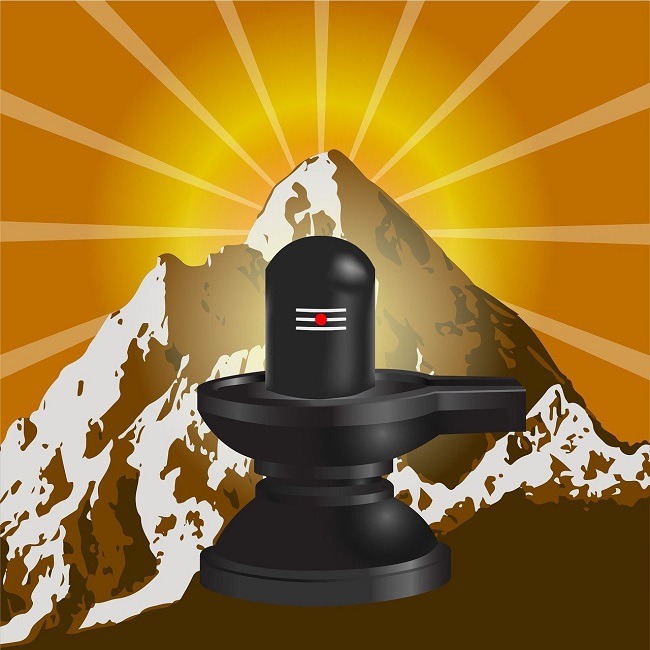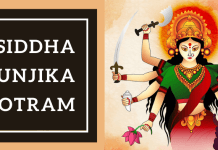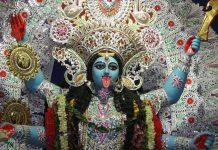Mahashivratri, also known as the ‘Great Night of Lord Shiva’, is one of the most important festivals celebrated by Hindus around the world.
The day before the new moon or the fourteenth day of every lunar month is also known as Shivratri. However, Mahashivratri, which occurs in February-March, is considered the most spiritually significant among the twelve Shivratris that happen in a year.
As per the North Indian Hindu calendar, the day falls in the month of Phalguna, while as per the South Indian Hindu calendar, it falls in the month of Magha. It is observed on the 13th or 14th night of Krishna Paksha in Phalguna of the Hindu calendar, and on Chaturdashi Tithi during Krishna Paksha in the month of Magha in the South Indian calendar. The Gregorian date, however, remains the same.
According to Hindu mythology, on this day, Lord Shiva performed the Tandava, the dance of creation, preservation, and destruction. It is also believed that on this day, Lord Shiva was married to Parvati, the Hindu Goddess of love, fertility, and devotion.
The festival is celebrated with great fervor and devotion across India, and other parts of the world where Hindu communities reside. Devotees fast throughout the day and night, and offer prayers to Lord Shiva. They also visit Shiva temples to seek blessings and perform special rituals, such as the Rudra Abhishekam, which involves the chanting of Vedic mantras and the pouring of holy water over the Shiva Linga.
Mahashivratri holds a deep spiritual significance for Hindus. It is believed that by observing fast and meditating on Lord Shiva, one can overcome their fears, insecurities, and negative emotions. The festival is also considered to be an auspicious day for starting new ventures, seeking blessings for a successful future, and finding spiritual enlightenment.
In addition to its religious significance, Mahashivratri is also celebrated for its cultural and social importance. The day is marked by colorful processions, devotional music, and traditional dance performances.
In conclusion, Mahashivratri is a festival that celebrates the glory and magnificence of Lord Shiva, and the power of spirituality in our lives. The festival reminds us to overcome our fears and insecurities, and to pursue the path of self-realization and enlightenment. It is a celebration of hope, faith, and devotion, and is an important part of the rich cultural heritage of Hinduism.



























































